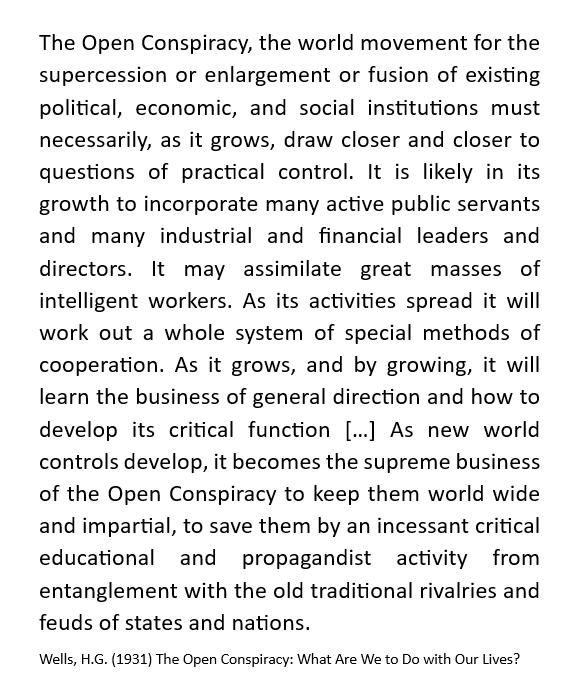“When I am asked by a concerned citizen about those ‘wretched’ #cows and whatever else, I say, 'well hold on, before you criticise my cows [..]: we are the custodians of the nation’s #carbon. How much carbon do you manage?' And there is a silence" theirishtimesnewstoday.com/what-can-we-le…
“if we were to convert the whole farm into multispecies swards [we] could be net zero today without adjusting stocking density [but while] cattle &sheep production can be beyond carbon neutral, current policy frameworks in Europe only measure what farms emit, not what they store" 

"measurements of tonnes of carbon per hectare on Dowth show that hedges have 50% greater carbon density than woodlands [..] the hedgerows on Dowth are sequestering roughly 665 tonnes a year [..] But at the moment, Irish hedge rows are not in the national inventory"
"Land utilisation changes have also led to a significant increase in soil carbon % on Dowth, challenging IPCC perspectives that soil carbon levels under long-term grass pastures plateau & do not increase"
“Over half the world’s biodiversity is under the soil, which a lot of the NGOs forget about”
• • •
Missing some Tweet in this thread? You can try to
force a refresh

 Read on Twitter
Read on Twitter












